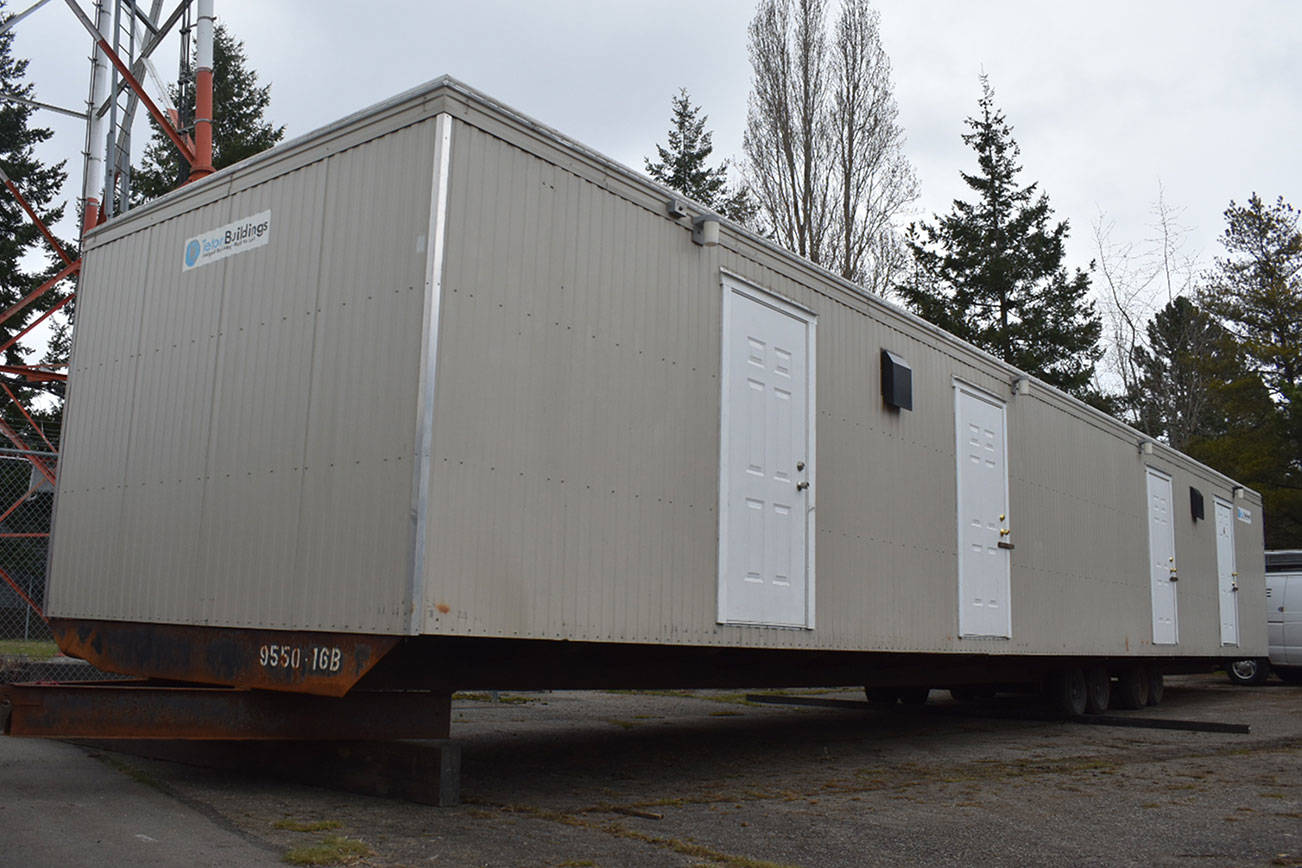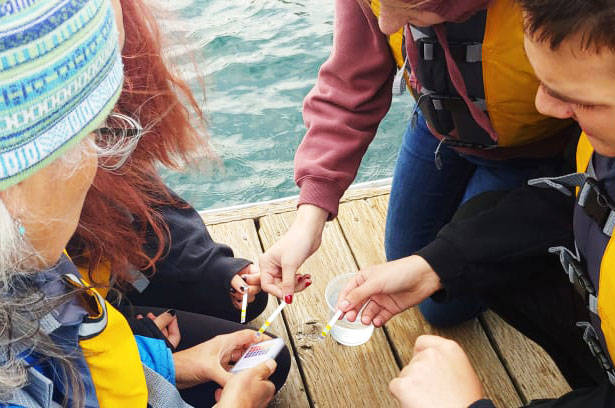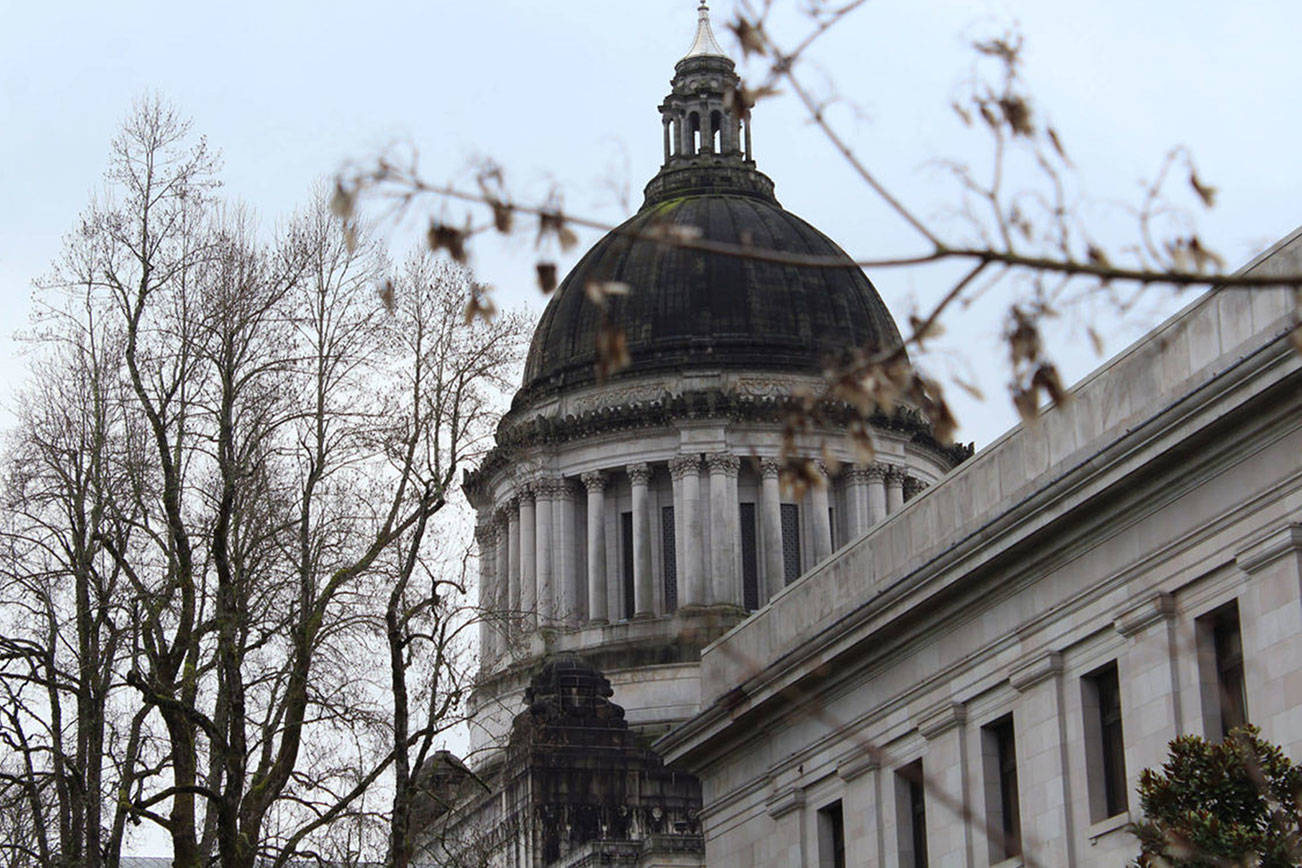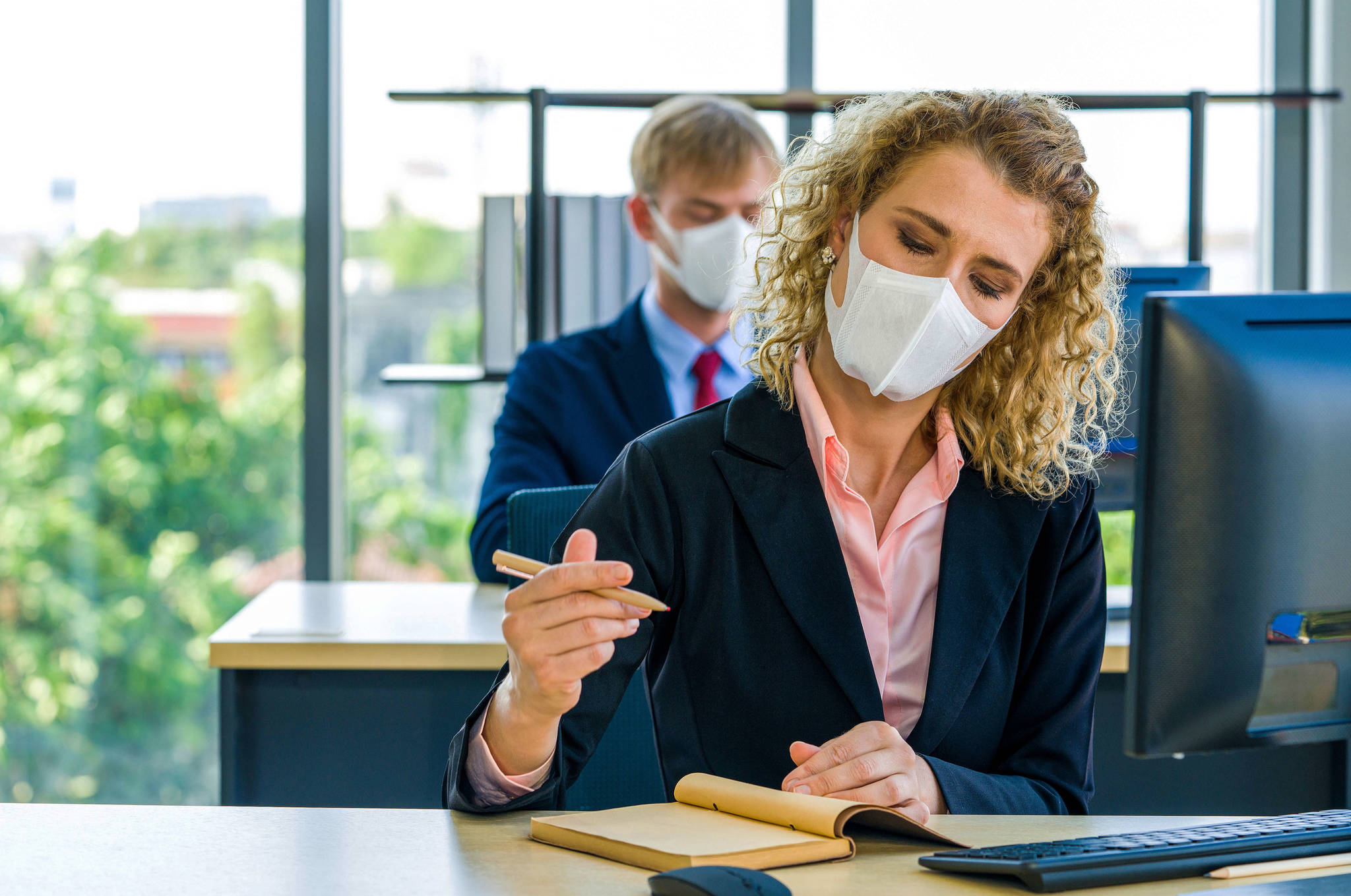Over the last three weeks, King County and the City of Seattle have mobilized resources across the region to respond to the COVID-19 public health emergency, particularly for people experiencing homelessness and for those who cannot safely isolate, quarantine and recover in their own homes.
As King County and City of Seattle develop these new spaces, staffing the facilities remains a challenge, according to a Wednesday news release from King County Executive Dow Constantine. While requesting additional external staff support, King County and Seattle are seeking contract medical staff and activating emergency plans to temporarily reassign employees from office and other functions to operate as many facilities as quickly as possible.
There has been a total of 1,893 spaces created by:
* Creating more emergency shelter (95 new beds)
* Creating more social distancing in existing shelters (709 expansion spaces)
* Creating isolation [for confirmed cases] or quarantine spaces [for possible/suspected cases] (432 beds)
* Creating space for recovery for people who do not require emergent care (up to 612 beds)
“We are determined to do all that we can to slow the spread of this virus in our communities and ensure that hospital beds are available for the most seriously ill,” Constantine said in the news release. “We are committed to the proposition that no one will be left behind. Not the old, not the sick, not those who are living in homelessness. We are all in this together, and we have to get each other through it. That is what our community expects, and that is what we will do.”
“In the last three weeks, the City of Seattle and King County have worked quickly to rapidly create almost 1,900 spaces for individuals experiencing homelessness, so we can slow the spread of COVID-19,” Seattle Mayor Jenny Durkan said in the news release. “This unprecedented deployment of resources at a local level will need the continued support of our state and federal government to create additional facilities with personnel and resources. We know that individuals experiencing homelessness are some of the most at risk for exposure. Our partnership to create new shelter, de-intensify our current high capacity shelters, and create new spaces will go a long way in ensuring more people have the tools they need to stay healthy, the support they need if they are ill, and will help alleviate the growing pressures on our regional health care system.”
New capacity for unsheltered individuals experiencing homelessness
The City of Seattle is creating 95 new spaces for people experiencing homelessness. The new units, expected to open within the next two weeks, will be exclusively for unsheltered individuals referred by the Navigation Team’s continued outreach or other outreach providers in order to help slow the spread of COVID-19. The new sites are:
* Bitter Lake (50 spaces)
* Cherry Hill Tiny Home Village (25 spaces)
* Lake Union Village expansion (20 spaces)
De-Intensifying shelters for individuals currently in shelter
King County and the City of Seattle are working closely with higher capacity shelter providers to create more social distancing between individuals, which can help to prevent the spread of COVID-19. A total of 709 expansion spaces are being created, including several opening this week in the City of Seattle.
* New: Fisher Pavilion at Seattle Center (146 spaces) operated by Salvation Army and opening this week
* New: Garfield Community Center (50 spaces) operated by Catholic Community Services, YWCA, and WHEEL and opening this week
* New: Miller Community Center (50 spaces) operated by Compass and opening this week
* New: SW Teen Life Community Center (50 spaces) opening early April
* New: Loyal Heights Community Center (50 spaces) opening early April
* Exhibition Hall at Seattle Center (179 spaces), open and operated by DESC.
* King County Airport (80 spaces), open and operated by Catholic Community Services and St. Martin de Porres
* Harbor Island (24 spaces) open April
* Congregation for the Homeless in Bellevue (80 spaces), open and operated by CFH.
Creating isolation and quarantine sites
King County has identified five sites around the county to offer isolation (for confirmed cases) or quarantine spaces (for possible/suspected cases) for residents. Individuals can only be placed into these sites after Public Health has determined that they need isolation or quarantine.
Every person prioritized for placement will receive an assignment to a specific location and receive transportation to and from the site, where they will receive individual health monitoring and all meals and basic needs will be met for the duration of their stay. Some sites will have enhanced health and behavioral health services capacity and individuals with higher intensity needs will be prioritized to those sites.
* Kent motel, 1233 Central Avenue North, Kent (79 spaces) Open
* North Seattle modulars, 1132 N. 128th Street, Seattle (23 spaces) Open
* Harborview Hall, 326 Ninth Avenue, Seattle (45 spaces)
* White Center modulars, 206 SW 112th St., Seattle (31 spaces) Open early April
* Issaquah motel 1801 12th Avenue NW, Issaquah (99 spaces) Open early April
In addition, the City of Seattle has created an isolation and quarantine site designated for first responders, with 155 spaces in Seattle.
Creating assessment and recovery centers
King County has identified three locations, to date, that will create up to 657 spaces for assessment and recovery care for individuals who are not able to recover in their own homes, or do not have a home. These centers will also provide space for hospitals to discharge non-emergency COVID cases, freeing up hospital space for those with acute needs.
* Shoreline 18560 1st Avenue NE, Shoreline (140-150 spaces)
* Interbay 601 Elliott Avenue West, Seattle (72 spaces)
* Bellevue 13620 SE Eastgate Way, Bellevue (140-150 spaces)
* NEW: SoDo 1039 Sixth Ave. S., Seattle (240 spaces)
In addition, King County is moving to open a temporary enhanced shelter for people requiring sobering services at the Recovery Café in SODO, which creates 45 beds for people who need health monitoring for inebriation. This action relieves the need to take people who are experiencing health issues due to alcohol or other drug use to local emergency rooms, leaving those emergency spaces for people with acute needs.
Staffing & shelter provider engagement
Staff with King County’s Department of Community and Human Services and the Seattle Human Services Department are working closely with all shelter and day service providers to ensure their ability to follow social distancing guidelines and assist with access to hygiene and sanitation supplies.
In alignment with the City’s Emergency Response Plan, at least 70 City of Seattle employees have been cross-trained in shelter operations and are ready to serve in this role. All agencies will provide experienced staff, at all times, at the community centers shelters and Fisher Pavilion and will bring supplies to each newly established site. Other city staff from Seattle Parks and the Seattle Center will also provide staff at these sites. Programs will use emergency City resources for cleaning supplies, cots and blankets. Program staff will maintain a 1:25 staff to resident ratio, private security, professional cleaning services, and meals.
King County is also calling upon its workforce and reassigning employees to plan, support and operate isolation and quarantine sites. County staff are supplemented by contract medical and security staff. The county continues to seek additional external resources to staff these facilities in the longer term.








